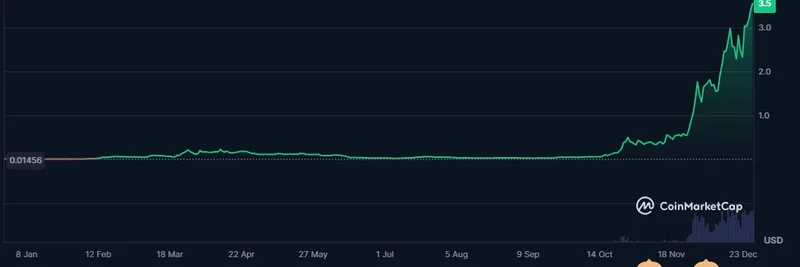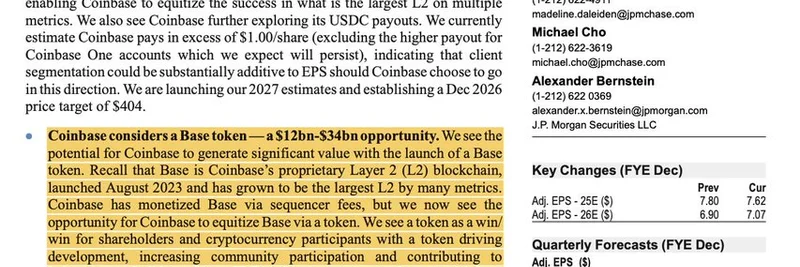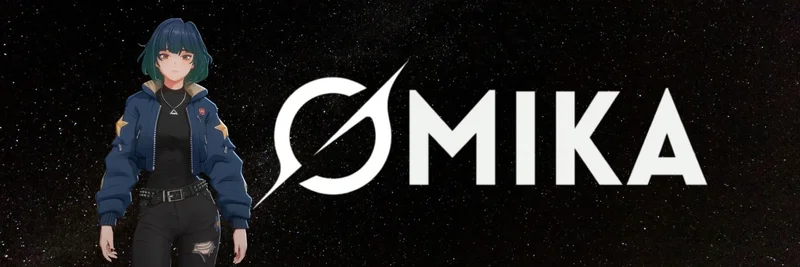In the fast-paced world of blockchain, understanding decentralization is key, especially for those diving into meme tokens. A recent clip shared on X by @eth_nukl1on captures Austin Federa, co-founder of @Doublezero, shedding light on this during "Monad in the Morning." Featuring hosts @intern and @opendanny, the discussion cuts through the hype to explain what really powers decentralized networks.
The clip kicks off with Federa drawing parallels between blockchain decentralization and systems like the U.S. government. He argues that true decentralization isn't just about having a bunch of validators running on basic hardware. Instead, it's about creating a web of diverse interests and incentives that keep the network robust and resistant to control by any single entity.
Here's a cleaned-up transcript of his key points:
"When we think about decentralization, it's about having enough appropriate counterparties with different interests involved. They might have incentives that aren't perfectly aligned, but they all pull toward the same goal: providing services on the network. This diversity—think VCs, trading firms, and more—creates checks and balances, much like how the U.S. political system functions through independent perspectives.
The power of Ethereum's decentralization isn't that you can run a shoebox-sized validator. It comes from multiple independent software packages, clients, and lots of multiparty interest and support in the network."
Federa's analogy makes complex ideas accessible. In blockchain terms, decentralization means more than node count. It's about software diversity—different client implementations like Geth and Nethermind for Ethereum—that prevent bugs or attacks from taking down the whole system. Multiparty support ensures no one group dominates, fostering resilience.
For meme token fans, this is crucial. Platforms like Monad, a high-performance layer-1 blockchain compatible with Ethereum, are gearing up to host vibrant meme ecosystems. Monad's focus on speed and scalability could supercharge meme token trading and creation, but its success hinges on achieving this kind of deep decentralization. As meme tokens often rely on community hype and rapid adoption, a truly decentralized base layer like Monad could provide the stability needed to avoid the pitfalls seen in more centralized chains.
This insight aligns with broader crypto trends, where projects are pushing for better decentralization to build trust and longevity. If you're building or investing in meme tokens, keeping an eye on how networks like Monad implement these principles can give you an edge.
Check out the original post on X for the full clip and join the conversation. What's your take on decentralization in the meme space?



